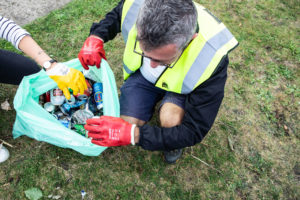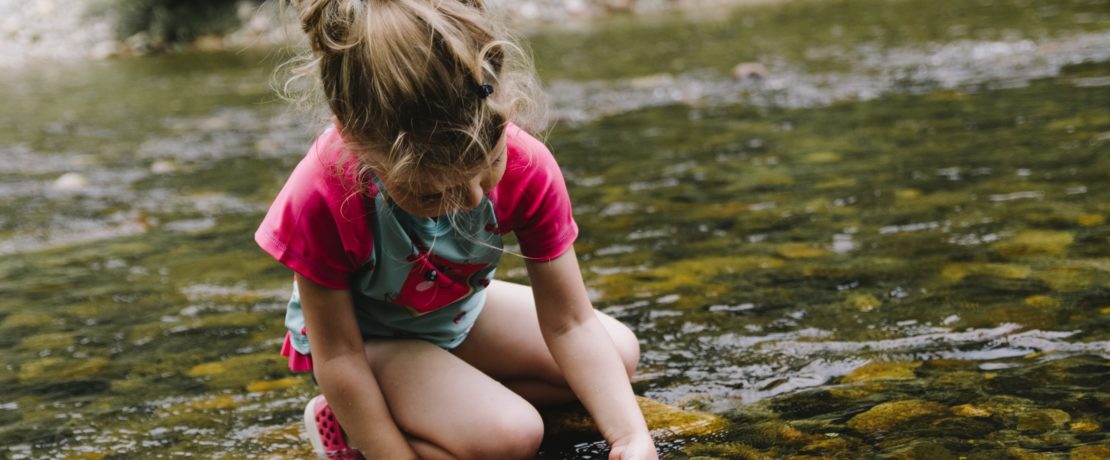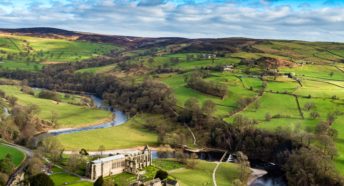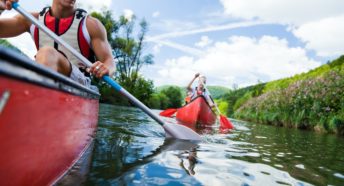Caring for the amazing rivers of North Yorkshire!!
There are lots of threats to our rivers including water pollution, litter/plastics and invasive species. Sewage pollution, invasive species and litter are all something that we can all help to tackle.
Pollution
Our rivers suffer with pollution from a number of sources, particularly sewage and agricultural pollution. There are numerous organisations and projects working with farmers to reduce their impact, but what about sewage?
In 2020 raw sewage was discharged into North Yorkshire’s rivers from sewage treatment works and storm overflows 23,432 times, for 195,472 hours! That’s in addition to the routine treated sewage discharge, which will be of varying cleanliness. Water companies have been investing in their infrastructure. They have also inherited a tricky legacy of sewers which take both sewage and rainwater, meaning that during very extreme rainfall overflows are needed to stop sewage backing up into people’s houses. But it seems that these overflows are being used routinely, on days with very light and even no rainfall, to make up for a lack of capacity in the system.
There is much more that water companies can and must do and we can all play a part by encouraging government and water companies to address the problem urgently. There are also lots of things we can do at home to help reduce water pollution.
How you can help?
- Demand better – write to your MP or water company to request that North Yorkshires rivers are no longer used as open sewers to make up for lack of capacity and investment in sewage infrastructure. We’ve pulled together figures for sewage spills in North Yorkshire by MP constituency and water company (Yorkshire Water, Northumbrian Water and United Utilities) and a drafted letter that you can use.
- Support campaigns and projects – Surfers Against Sewage and The Rivers Trust are actively campaigning on this issue – keep an eye out for petitions and action.
- Report problems – If you spot a pollution incident on a river, report it to the Environment Agency on 0800 80 70 60.
- Look after rivers when you’re at home – don’t put anything other than the 3 Ps (pee, poo and paper) down the loo, wet wipes in particular can cause blockages in the sewage system; catch and use rainwater to reduce the volume of water going into sewers and reduce use of tap-water; don’t put fat down your sink or chemicals down the drains outside. For more information on how to make your home water-friendly, see this excellent leaflet.
- Be a citizen scientist – help to keep track of what’s going on in our rivers by volunteering to collect data, such as monitoring aquatic invertebrates with the Riverfly Partnership
- Volunteer for a local river project or local Rivers Trust – Skell Valley Project, Ryevitalise, Yorkshire Dales Rivers Trust
Litter and Plastics
Rivers are badly affected by litter. Recent research also found they’re particularly badly affected by microplastics, with sewage overflows being the key source. Litter and microplastics can not only choke rivers and wildlife, but 80% of the plastic litter in the sea is carried there by rivers.
How you can help?
- Never put plastics down the loo and dispose of all litter properly.
- Report litter hotspots on CPRENY’s litter tracker
- Join a local river clean – look out for local river cleans in your areas organised by community groups, canoe clubs and river projects. Surfers Against Sewage are also running their Million Mile Clean this year, with several litter picks organised in Yorkshire.

Invasive species
Sadly our rivers and freshwaters are plagued by many invasive species that can kill our native species and cause erosion and damage to property. They include Signal Crayfish, Killer Shrimp, Zebra Mussel, Himalayan Balsam, Giant Hogweed, Japanese Knotweed and many more.
How you can help?
- Look after rivers while out and about – the last thing any of us want to do is help invasive species move around the countryside. One of the most important things you can do is make sure you check, clean and dry all your gear when moving from one body of water to another. If you don’t have time to dry gear completely either use a different set or make sure you wash it in very hot clean water.
- Report invaders!








